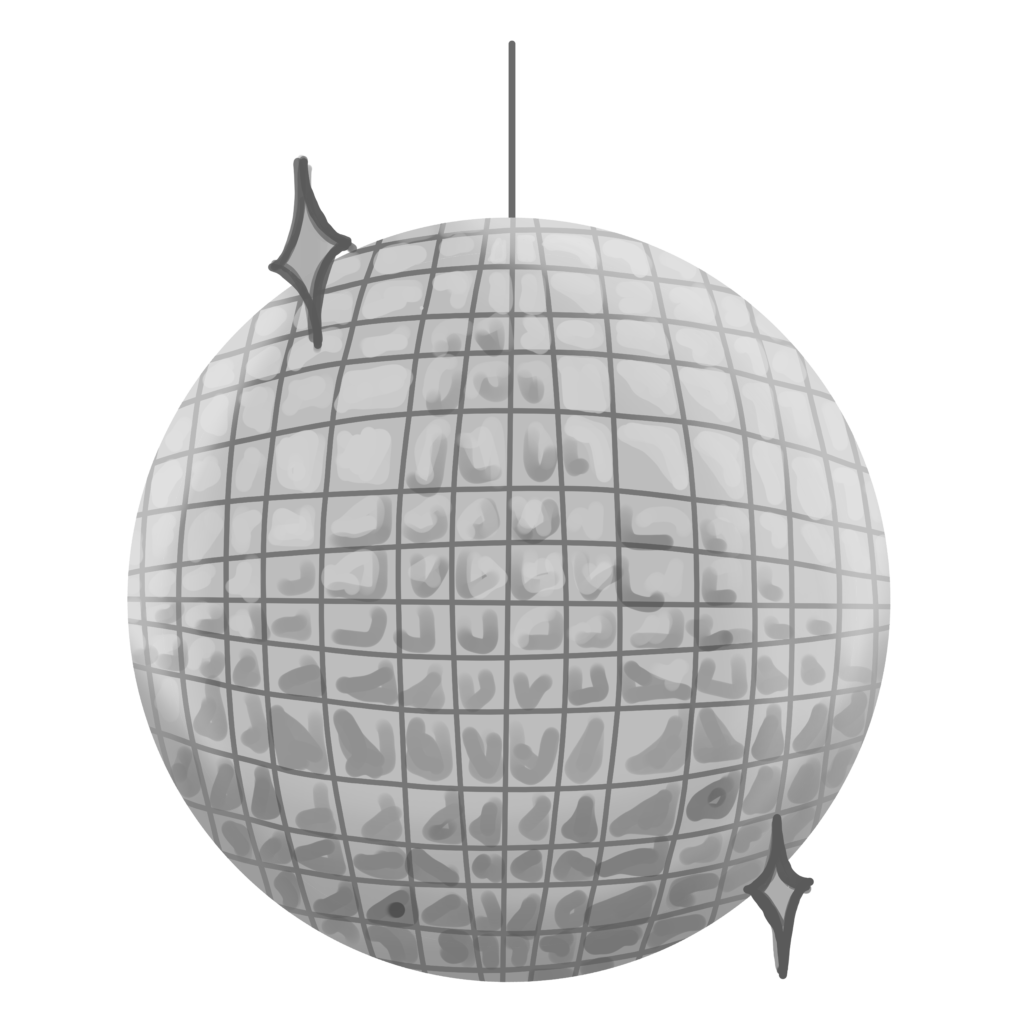
Eva Ludwig
“Think about it … a world with no college sweatshirts,” said Jon Hart, the author of “Party School,” “How would the world be different?”
With college application season in full throttle, the pressure to attend a prestigious, high-ranking college is making its rounds on applying seniors. Hart aims to expose the often downplayed but detrimental culture of school shaming in his coming-of-age fiction “Party School.” The book follows Dylan Mills, an unremarkable student navigating his freshman year at North South University, a college notorious for its party culture and widespread weed usage.
Hart establishes his stance on college ranking hierarchies almost immediately through a particularly curt categorization of schools; there are “it” schools, schools everyone wants to go to, “wannabe it” schools such as North South, and everything else in between. Finding it difficult to accept his place at a school that’s looked down upon by the prestige-grubbing elite of his hometown Castleton, Dylan grows distant from his girlfriend Rosemary, an “it” school student and the one who calls all the shots in their relationship.
This frustrating generalization of colleges as either snobby and rich or idiot and stoner-infested does nothing to push the moral of not school shaming, especially since it comes from Dylan himself. The comment comes off as more of a direct person-to-person message from the author to the reader instead of integrating into the book as part of the conflict. The pompous it-school and stupid bad-school association is also never fully resolved; none of the characters ever come to reject this pigeonhole, so the ending leaves one feeling a bit defeated.
Despite this, Hart’s anti-school shaming message still manages to come through. He accomplishes this by developing a variety of characters in Dylan’s hometown who directly reflect school shaming and the toxic competitiveness of the college admissions process.
“A relative [once] school-shamed [my partner] and said that I could have married someone who went to a better school,” Hart said. “I thought it was an odd thing to say. [School shaming] happens subtly. It happens overtly. It’s everywhere.”
Paralleling the novel’s anti-school-shaming message, Hart also argues that college rankings do not represent a student’s individual compatibility with the school.
“You want the right fit,” Hart said. “The journey is important, and [so are] the relationships you [form] and the knowledge you pick up. Just because something has a fancy brand doesn’t necessarily mean it’s the best fit.”
Hart attempts to deliver this message through the quirky cast of characters Dylan meets in his first few weeks of college who force Dylan out of his comfort zone and help him realize the agency he holds outside of his relationship with Rosemary. I found these characters, while occasionally cliche and over-the-top, to still be quite memorable and complex.
While Hart originally set out intending to write a comedy, the jokes themselves turned out to be redundant and tedious. A majority of them poke fun at North South’s weed and drinking culture but occur at a frequency that quickly starts to feel excessive. Hart even manages to make multiple Taliban jokes, giving one of his characters the nicknames “The Taliban Kid” and “Osama Ski Laden.” Although these jokes may be made in the name of social commentary, it comes off as insensitive and obtrusive, especially due to the lack of similarly satirical nicknames for other ethnic groups.
Overall, for its lackluster writing and comedy but easy-to-appreciate themes and characters, “Party School” earns two stars out of five stars.
*“Party School” was published by Sager Group in 2022.




